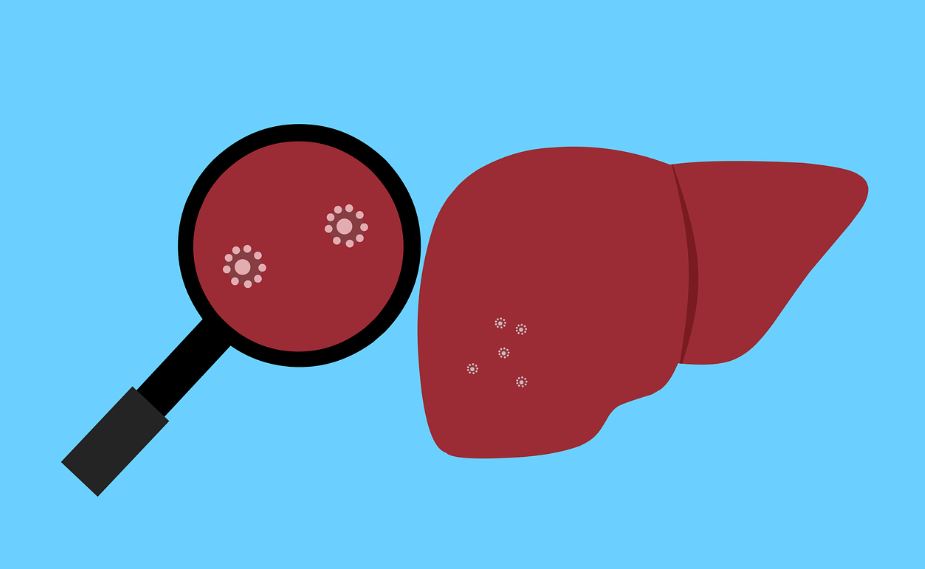Korean liver cancer patients’ five-year survival rate remains at 40 percent on average, making it the second most fatal cancer in the country, an academic society said Wednesday.
According to a report by the Korean Association for the Study of Liver (KASL), the number of liver cancer deaths in Korea has been continuously rising. Among 10,655 patients, the share of stage 3 liver cancer patients increased from 33.8 percent in 2008 to 39.4 percent in 2014. That of stage 4 cancer patients also rose from 6.9 percent to 7.3 percent during the period.

The average three-year and five-year survival rates stood at 49.3 percent and 41.9 percent, respectively.
Liver cancer is the second biggest cause of death among all cancers in Korea, as 10,611 patients died of it in 2017, resulting in a crude death rate of 20.7.
The number of deaths has also been steadily rising in the last 15 years, according to KASL.
Hepatitis B took the largest share of liver cancer with 61.1 percent, followed by alcoholic hepatitis with 12.5 percent, hepatitis C with 10.6 percent, and other reasons with 8.4 percent.
“Early diagnosis of underlying diseases and their treatment is the key to prevent them from developing into liver cancer,” a KASL official said. “We recommend diagnostic tests of liver cancer for those who have high-risk factors such as cirrhosis, hepatitis B, hepatitis C.”
To prevent liver damage, people must control their weight, especially those with hepatitis B and hepatitis C. A regular anti-virus therapy would also help in preventing cancer occurrence, the KASL report said.
Frequent drinking, regardless of liquor or wine types, leads to liver cancer. Previous meta-analysis studies have shown that abstaining from alcohol reduced liver cancer risk by 6-7 percent each year, it said.
KASL, which helped designate Feb. 2 as Liver Cancer Day, requested people with risky symptoms to visit the hospital twice a year and take two types of tests (liver ultrasound and blood serum AFP) to detect liver cancer early stage.

